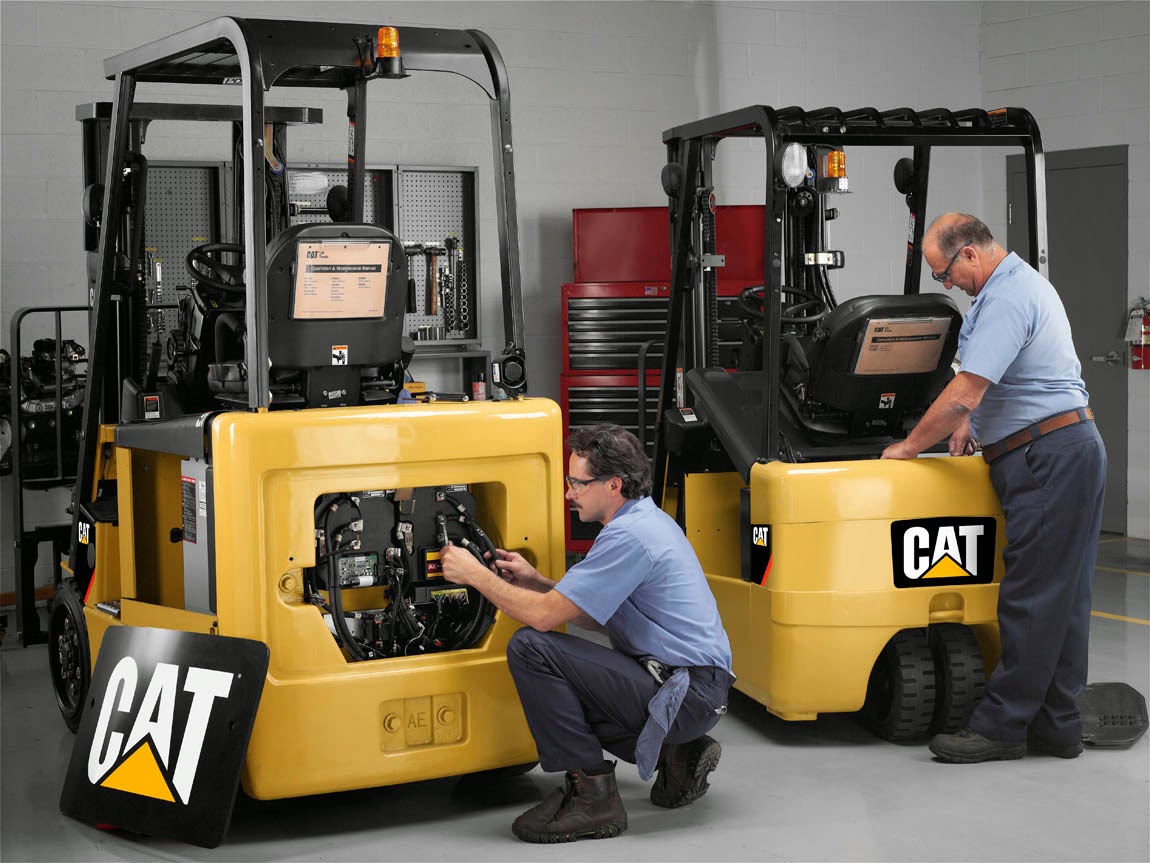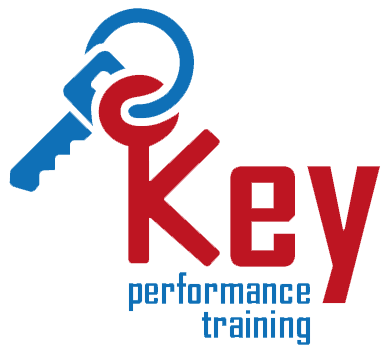
DOES YOUR MHE ATTACHMENT NEED ITS OWN INSPECTION
With the demand for ever more specialised handling solutions, there are tens of thousands of non-permanent attachments currently in use on work equipment around the UK. But what exactly is a non-permanent attachment and when/how should it be routinely inspected?
According to CFTS (Consolidated Fork Truck Services), the UK’s accrediting body for Thorough Examinations (LOLER and PUWER), there is a great deal of confusion among truck owners and operators on how best to meet their responsibilities. CFTS Chairman Geoff Martin explains: “Owners and operators of materials handling equipment are often unclear about which types of attachments need to be inspected as part of the whole truck and which need a separate, dedicated examination.

“We also have concerns about the quality and scope of many inspection regimes. It seems that very few providers of Thorough Examinations employ dedicated, comprehensive checklists that will ensure an attachment has been properly inspected. Moreover, the problem is further compounded by the bewildering variety of attachments in UK workplaces.”
According to UKMHA (UK Materials Handling Association) there are at least 22 different types of attachment in use, but that number expands dramatically when the many different manufacturer models and variants are taken into account.
As for what needs testing and when, the rules are clear but not widely known.
According to HSE guidelines, fixed attachments such as side-shifts and rotator arms are considered to be part of the lifting mechanism and therefore must be included within a Thorough Examination of the vehicle that meets the requirements of both LOLER and PUWER. They do not require a separate inspection.
However, non-permanent attachments such as platforms must be inspected by a competent person at least twice a year (which could be more often than the actual truck to which they are fitted).
In either case, failure to comply could lead to prosecution by the HSE (Health & Safety Executive).
“In order to ensure that our own CFTS-accredited inspection schedule for non-permanent attachments was truly fit for purpose, we worked in close cooperation with leading manufacturers and distributors of attachments,” adds Geoff. “The result is a unique, 18-point checklist specifically for non-permanent attachments, that takes full account of what constitutes a Thorough Examination for items as diverse as booms, winches, platforms, grabbers, fork extensions and cranes.
“It’s up to employers to make sure that all aspects of their materials handling equipment are being inspected to the standards required by the HSE. If you are in any doubt, talk to your current provider and make sure the checklists they use are appropriate for both the equipment as a whole… and for any attachments.”
The sudden failure of a boom or a winch could have disastrous consequences, which is why it is so important to make sure each Thorough Examination is truly thorough. If you need guidance, your local CFTS-accredited provider will be happy to give advice on what needs to be inspected and when. They have a nationwide network of over 750 accredited depots so there will certainly be someone nearby to you.
Contact us on 01793 975353 or rachel.gearon@keyperformancetraining.co.uk for more information about how we can help or to book your course today.

Need more information?
For more information please do get in touch – via our contacts page, email us or just give us a call on 01793 975353
